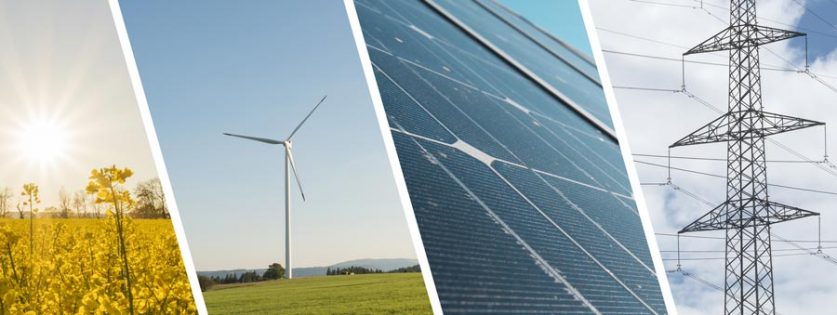
New proposals from energy regulator Ofgem could see homes and businesses pay extra charges for generating their own electricity.
It is currently consulting with regards to the UK’s energy network in order to reform the £9 billion-a-year costs. Currently, the costs for the running of the networks are recovered in consumers’ energy bills. There are two charges: ‘forward-looking charges’, and ‘residual charges’. Forward-looking charges vary as network usage increases or decreases. Residual charges make up the rest of the costs that are not recovered from forward-looking charges. Ofgem is currently focused on these residual charges that have allowed companies to recover the running costs for their networks.
Currently rates vary depending on how much energy each household or business takes from the grid, with all costs eventually being included in household energy bills. Under the new system, residual charges would be fixed for all premises, similarly to the way that fixed fees are charged for phone lines. Ofgem has warned that this could mean that households or businesses that generate their own electricity (e.g. through solar panels) could end up paying extra.
These reforms are set to save the grid between £5 billion and £7.6 billion by the year 2040 when paired with changes to the way smaller and larger generators are charged. In real terms, these proposed changes to residual charges are projected to save the average domestic energy consumer £2 a year each year, whereas the change to the overall distribution effects will save £8. The downside of this is that households and businesses using renewable energy sources could end up paying more overall.
Ofgem is currently consulting on whether the reforms should be phased in over time or brought in all at once. The proposed time frame for a phasing-in is between 2021 and 2023, whereas an immediate overhaul would potentially be in 2021.
The number of households and business generating their own electricity has been increasing over the last few years, however they still rely on the grid at certain times when the chosen renewable-energy form cannot generate enough power (e.g. on dark winter evenings for solar power).
Ofgem explains that these particular users can still avoid these charges, further asserting their commitment for a fairer sharing of the overall costs:
“Users who generate electricity themselves on site can avoid a lot of these charges even though they use the grid as back-up. As a result, consumers that take all their electricity from the grid, including households which have not installed solar panels or other renewables, pay more of these charges. Ofgem’s proposed charging reforms will ensure these charges for the grid are shared fairly between all consumers.”
The consultation on these new changes is open until February of next year. The watchdog also announced that soon they will outline plans to free up electricity network capacity and for more stringent controlling of energy network prices.




